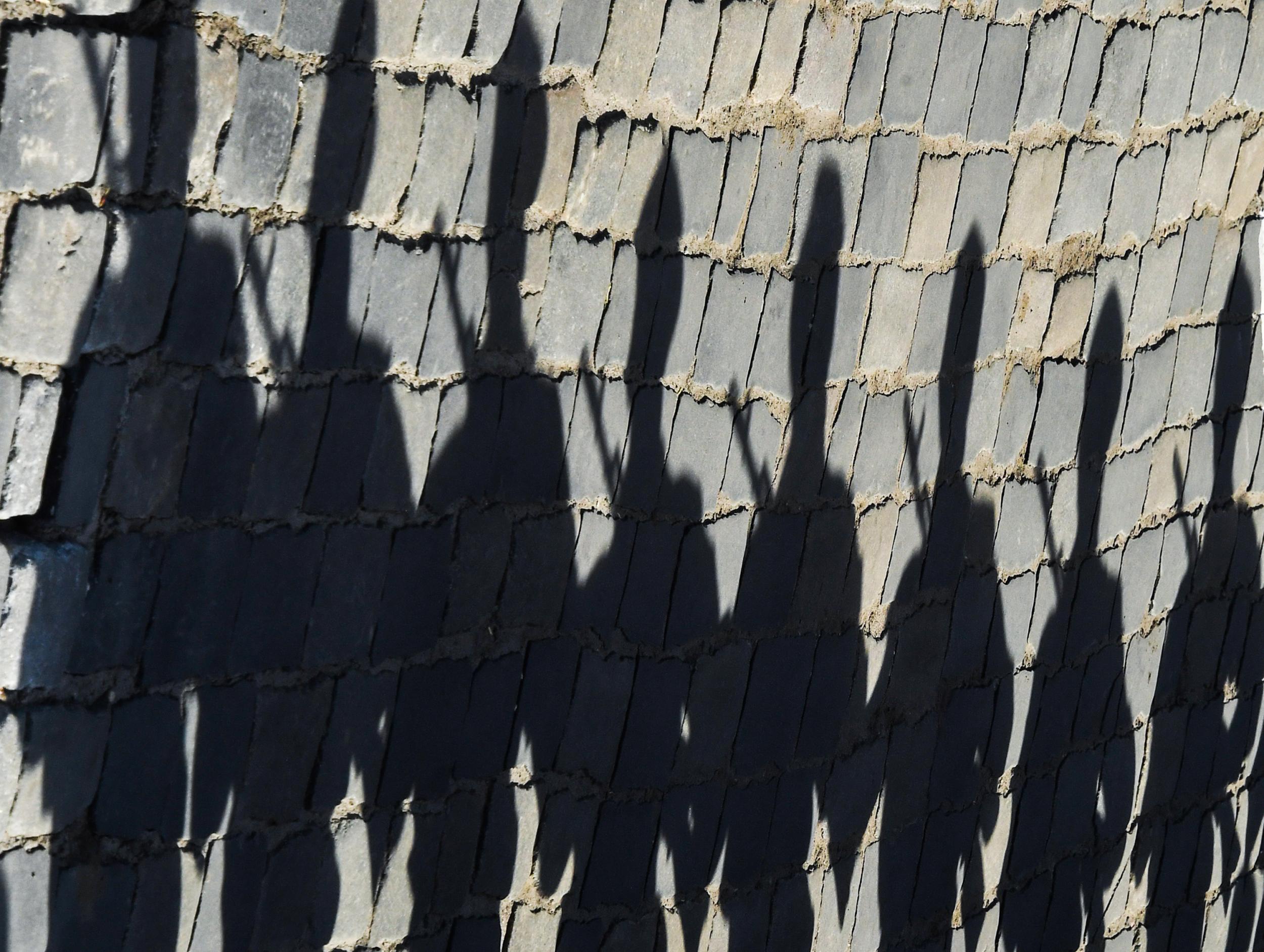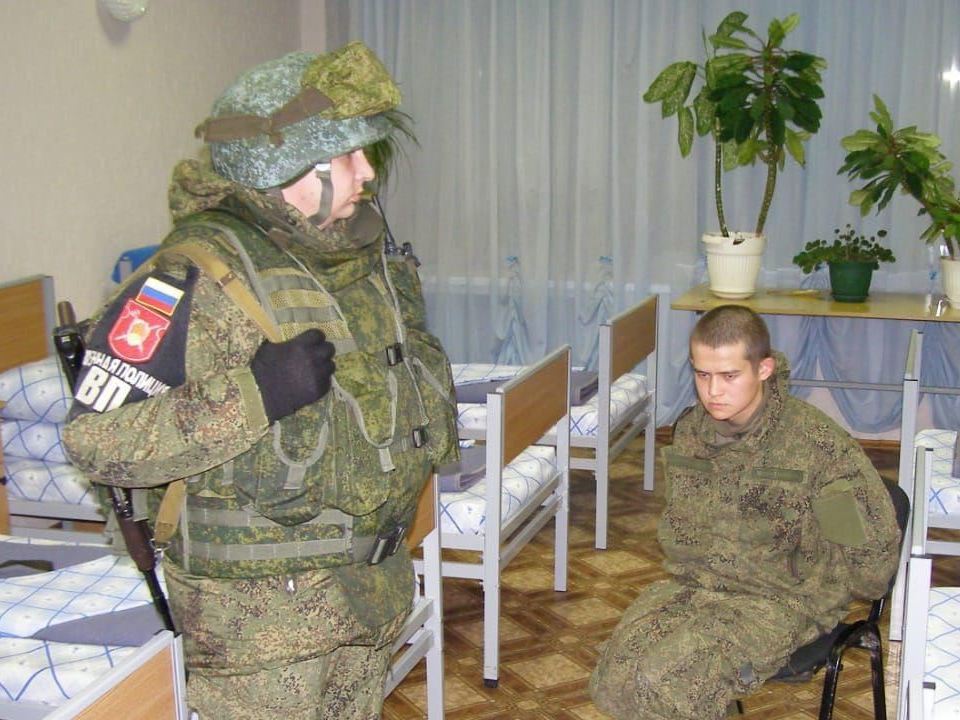New details on mass shooting reveal dark underbelly of Russian military
On 25 October, a young conscript opened fire on his fellow soldiers, killing eight. The gunman’s father accuses authorities of conspiring to cover up abuse in the army: ‘He was a regular, ordinary boy,’ Salim Shamsutdinov tells Oliver Carroll


Your support helps us to tell the story
From reproductive rights to climate change to Big Tech, The Independent is on the ground when the story is developing. Whether it's investigating the financials of Elon Musk's pro-Trump PAC or producing our latest documentary, 'The A Word', which shines a light on the American women fighting for reproductive rights, we know how important it is to parse out the facts from the messaging.
At such a critical moment in US history, we need reporters on the ground. Your donation allows us to keep sending journalists to speak to both sides of the story.
The Independent is trusted by Americans across the entire political spectrum. And unlike many other quality news outlets, we choose not to lock Americans out of our reporting and analysis with paywalls. We believe quality journalism should be available to everyone, paid for by those who can afford it.
Your support makes all the difference.Ramil Shamsutdinov waited for the others to disarm first.
Then it is said he fidgeted, before raising his rifle and turning it on the soldiers nearest to him. The two commanding officers ran. Shamsutdinov’s gun followed them.
By the time the 20-year-old conscript had dispensed every bullet – this was shortly after 6.20pm – there were eight corpses. Four draftees, two contract soldiers and two officers. Another two received life-threatening injuries. Private Shamsutdinov was detained a little while later, and charged with murder.
What happened in the weeks and months leading up to the incident near Chita, in eastern Siberia, is fiercely contested.
For the Russian military, the mass shooting was the most serious loss of discipline in over a decade. It was all the more shocking for having taken place in an elite unit serving the country’s strategic nuclear arsenal.
But it was a one-off, the Ministry of Defence insisted. The soldier suffered a nervous breakdown; it had “nothing to do with his military service”.
Publicly, the Kremlin also projected detachment. At a press conference this week, Vladimir Putin’s spokesperson Dmitry Peskov cut all questions short. It was “inappropriate” to expect a response from the president, he said. The shooting was a “tragedy” that “said nothing about the success of Russian army reform”.
Yet emerging details about the circumstances around the shooting suggest the Russian military’s dark record of ritualised bullying might have played a crucial role.
A day after the shooting, local media began to carry reports focusing on one of the slain officers. The man, it was alleged, had a particular reputation for brutality. According to one former soldier who served at the elite unit in eastern Siberia, the officer would regularly “deprive new recruits of sleep”, asking them for money or food, and “humiliating” them in all kinds of ways.
“I don’t blame the lad,” the former soldier, identified as Dmitry D, is quoted as saying. “I understand he just couldn’t cope any more.”
On Wednesday, a representative of a local civic group representing soldiers’ mothers claimed a military commander had admitted to her that there had been “acts of harassment” at the barracks.
Speaking with local journalists, Valentina Mordova gave further details of what may have happened in the lead-up to the shooting.
“From morning to night, Ramil Shamsutdinov was verbally abused,” she said. “But his fate was sealed the evening a senior lieutenant forced him to wash the toilet, and he resisted. The officer responded by dunking his face into the toilet repeatedly until five in the morning.”
Soon after Ms Mordova’s remarks, a disturbing video emerged showing a new recruit subjected to a matching ordeal. The video shows the young soldier stripped, beaten and then repeatedly pushed, face down, into the toilet pan. The video skips to show the soldier with what appears to be new iron burns over his back. His tormentors urinate on him.
The Russian Ministry of Defence angrily dismissed it as a fake news story designed to discredit the army.
In fact, as later transpired, the young soldier in the video was not Ramil Shamsutdinov. But for many, the existence of such videos was an outrage in itself – it suggested that the reports of abuse dished out to Private Shamsutdinov were not a one-off, but reflective of institutionalised criminal behaviour.
Speaking with The Independent, Ramil Shamsutdinov’s father, Salim, said he “did not know” what to make of the conflicting accounts of what happened in the barracks in eastern Siberia. All he knew, he said, was that his son was a “regular, ordinary boy” – and one who showed “no signs” of distress before leaving for military service in the summer.
The elder Shamsutdinov refused to elaborate on earlier interviews, where he accused authorities of conspiring to “cover up” the institutionalised abuse. Those earlier exchanges revealed that his son became increasingly withdrawn in his months in service. The young soldier stopped calling in September, his father said – but not before asking him to transfer cash to strangers’ accounts.

It had been “a long week”, Salim Shamsutdinov told The Independent, before hanging up the phone.
Valentina Melnikova, the head of the all-Russia Union of the Committees of Soldiers’ Mothers, said the published reports were consistent with “hundreds and perhaps thousands” of similar cases that had passed her desk.
“I can’t be sure about what happened, but the simplest explanation is that the young man was pushed to the limit,” she said. “He was denied sleep, asked to hand over money, harassed, sent in for orders every few hours. He acted in the heat of the moment. When you are deprived of sleep, but given a gun, awful things can happen.”
The story resembled Anton Chekhov’s famous tale Sleepy, the civic activist said. The short story describes a 13-year-old girl who is prevented from sleeping by the crying of a small baby. She does not sleep, then does not sleep, then does not sleep some more.
In the end, the girl hatches a terrible plan. She strangles the baby, before finally falling soundly asleep.
“It’s the simplest explanation, an enforced psychological breakdown,” Ms Melnikova said.
Abuse of junior soldiers is not limited to Russia, and it happens regularly in armies across the world. But the Russian military does have a particularly troubling history when it comes to institutionalised and violent forms of bullying.
The humiliation of new recruits even has a name, Dedovshchina, which translates as the “rule of the grandfathers” (grandfathers being the older soldiers).
Dedovshchina took root in the latter years of the Soviet Union, but it became a particular problem after the fall of Communism when serious cases began to number thousands every year. A symbolic nadir was reached in 2005, when a young recruit called Andrei Sychyov had his legs and genitals amputated after suffering several hours of torture at the hands of fellow soldiers.
That moment served as a turning point, shaking initially reluctant army bosses into a major reform of the military. It led to a reduction of compulsory military service from two years to one and a move towards a contract-based army.
“The reduced conscription following the Sychyov affair had an immediately positive effect on bullying,” said Tanya Lokshina, associate director for Human Rights Watch’s Europe and Central Asia division. “Provisions and living conditions also improved significantly.”
By 2012, the situation had improved to the extent that not a single case of abuse was reported to Valentina Melnikova’s soldiers’ mothers’ committees nationwide.
But all that began to change in late 2013, Ms Melnikova told The Independent. It was a moment that coincided with the appointment of Sergei Shoigu, one of Putin’s closest colleagues, as minister of defence. Under Shoigu, the military started to pay less attention to matters of discipline: “There was the war in Ukraine, and the minister was more concerned about his ideological work: patriotic education, the new youth army.”
Ms Melnikova said the Kremlin’s refusal to react to the incident fitted a returning pattern of “indifference”.
“If the minister of defence did not report the incident to the president, then he is no minister and Putin is no supreme commander,” she said.
“But if you follow the careers of both men, you realise neither has a moral code that prioritises the wellbeing of their subordinates.”
Join our commenting forum
Join thought-provoking conversations, follow other Independent readers and see their replies
Comments